Cardioversion for atrial fibrillation
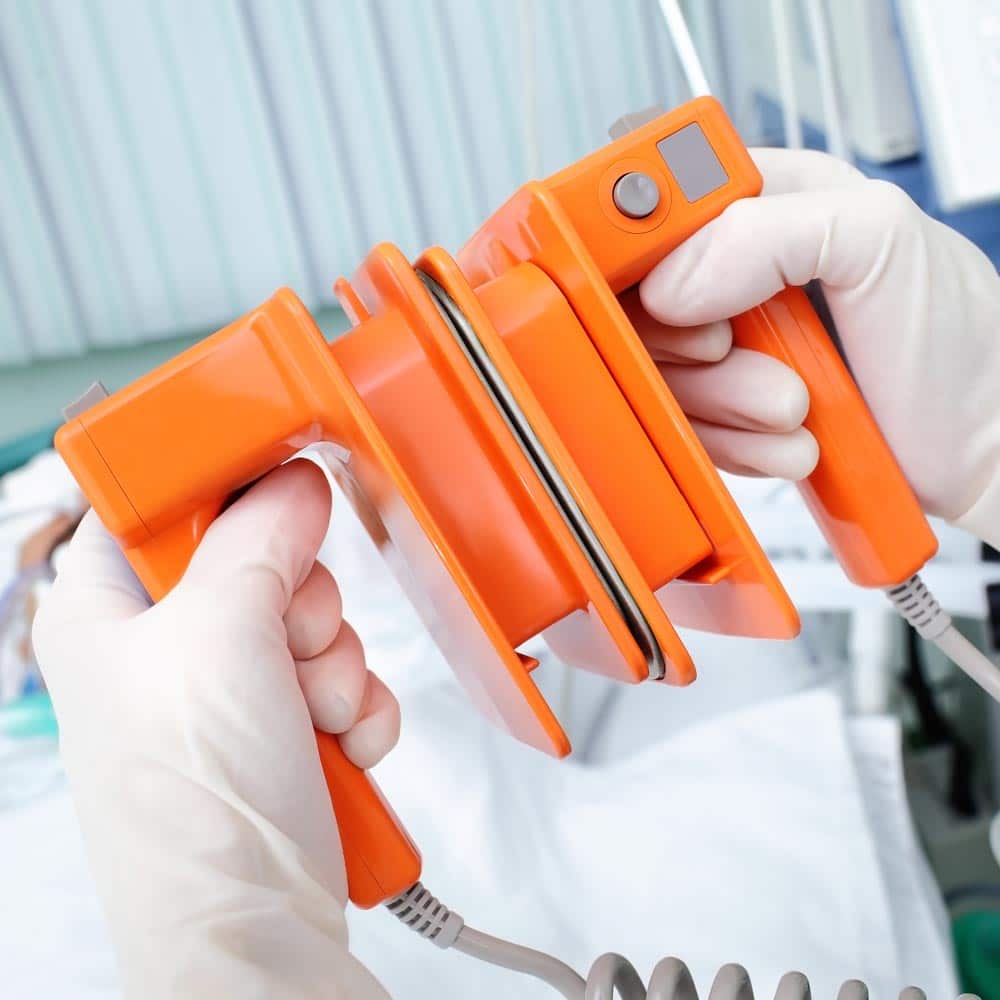
Treatment of atrial fibrillation is multifactorial and can be broken down into 3 treatment goals: treat underlying conditions that cause AFib, prevent atrial fibrillation-related blood clots which can cause stroke, and treat the atrial fibrillation itself. Some of the underlying conditions which are risk factors for atrial fibrillation include high blood pressure, heart disease, thyroid […]
What is the Best Exercise for AFib?

The incidence of atrial fibrillation has been steadily increasing over the past 50 years. AFib is the most common abnormal heart rhythm and can have a significant impact on health and quality of life. Currently, atrial fibrillation affects an estimated 2.7 million people in the United States. That number is projected to grow to 9-12 […]
Is AFib Triggered by Medications or Dehydration?

Atrial fibrillation is caused by chaotic electrical signals which originate in the left upper chamber of the heart (atrium). There are a number of known risk factors and triggers for atrial fibrillation. A vital component of atrial fibrillation treatment is the effective management of risk factors and elimination of atrial fibrillation triggers. Some AFib risk […]
Cryoablation for AFib
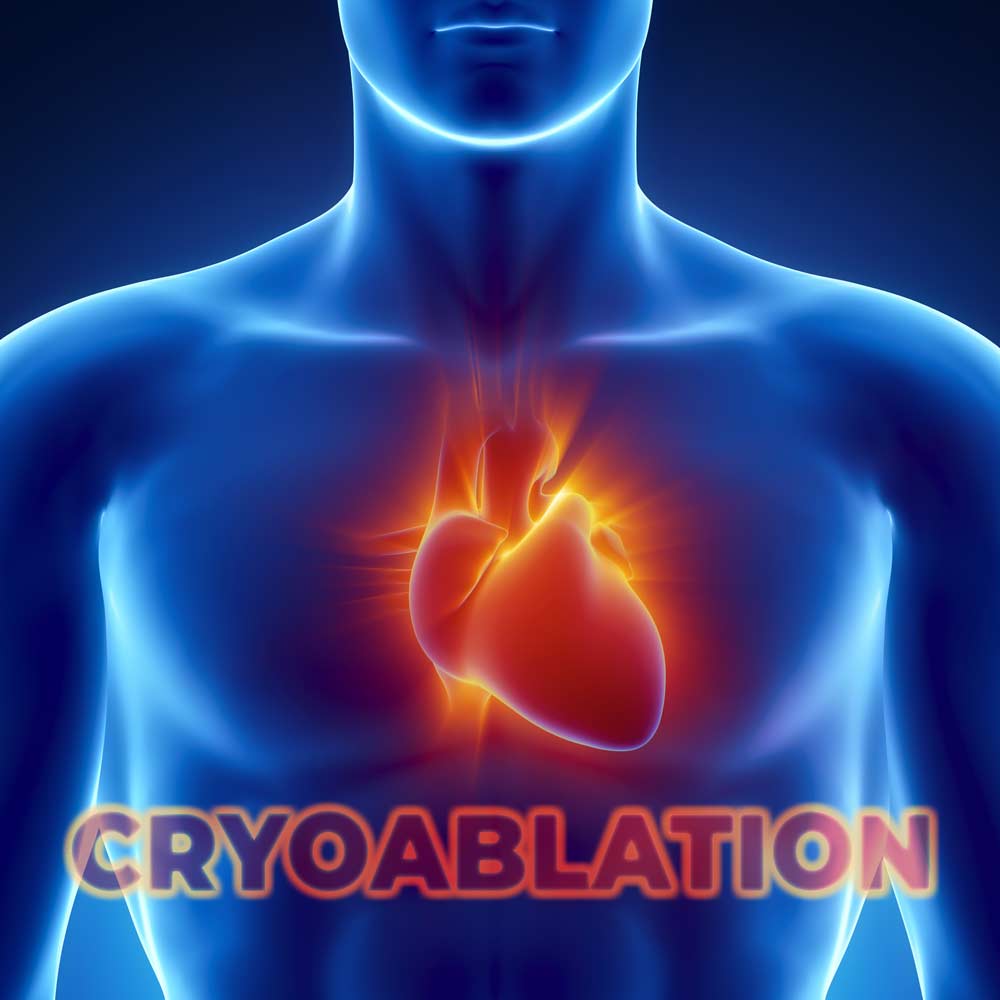
Atrial fibrillation treatment focuses on rate control, rhythm control, and stroke prevention. The goal of rhythm control is to keep the heart out of AFib and in a normal rhythm. Rhythm control can be accomplished with antiarrhythmic medications, DC cardioversion or ablation procedures. Catheter ablation is a minimally invasive procedure that uses freezing (cryoablation), heat […]
Common Surgeries to Help With Irregular Heartbeat

Atrial fibrillation is the most common irregular heart rhythm. People with atrial fibrillation are at increased risk for heart failure, stroke, and death. Increasing research supports attempting to maintain a normal heart rhythm early on in the process of atrial fibrillation. Medications and lifestyle changes used to be the only treatment options for atrial fibrillation, […]
Alcohol Cessation and Effect on AFib
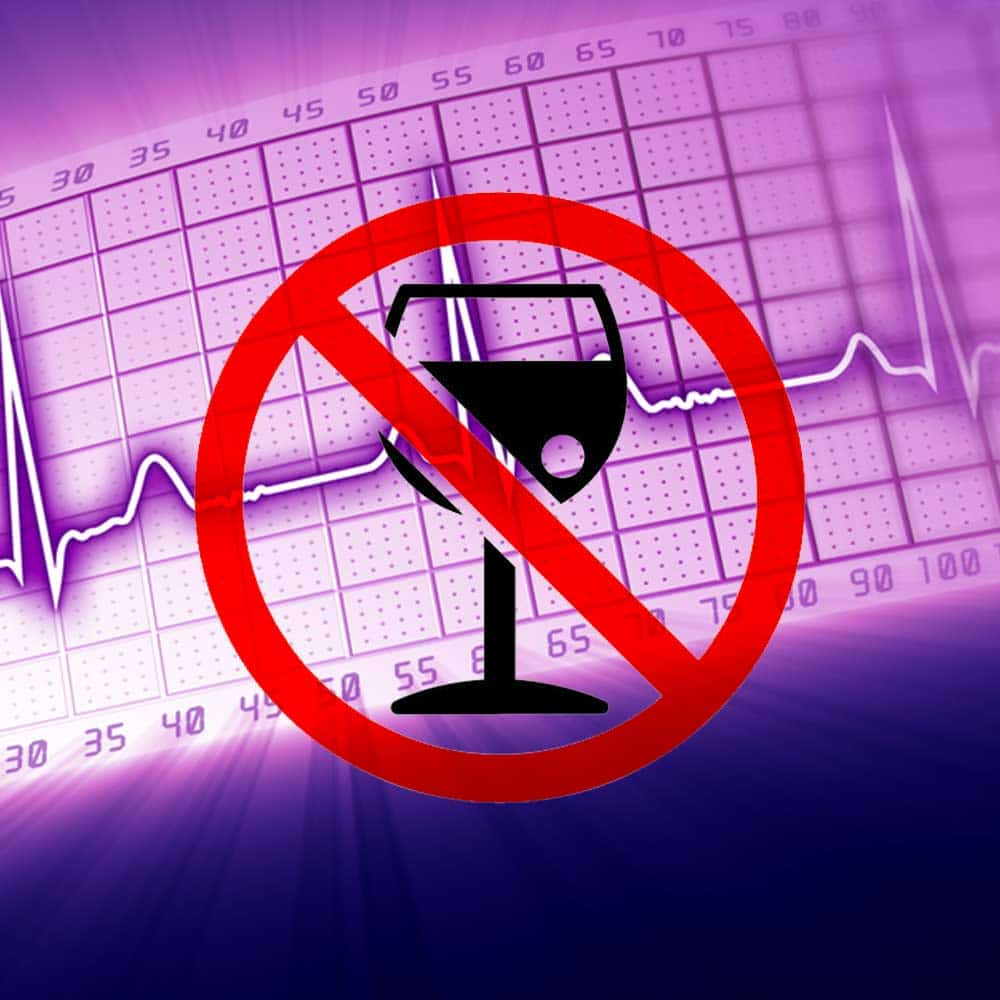
Atrial fibrillation affects 33 million people worldwide and can lead to heart failure and stroke. Treatments include medications and procedures to reduce the risk of stroke, control heart rate and restore normal heart rhythm. However, all of these treatments are associated with potential side effects and there can be significant costs associated with treatment. Treatment […]
Is Afib Genetic?
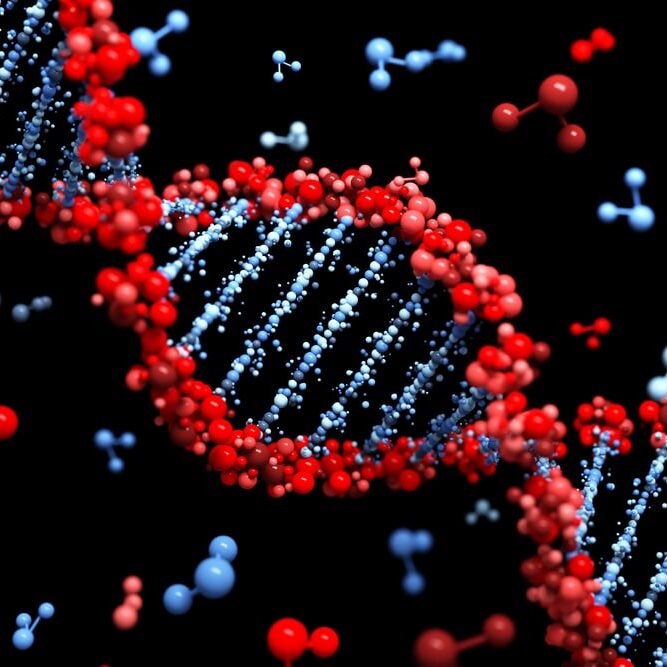
Atrial fibrillation is the most common abnormal heart rhythm. It is a complex disease with a number of known risk factors such as high blood pressure, heart failure, valvular heart disease, alcohol overuse, sleep apnea, and increasing age. However, up to 30% of atrial fibrillation occurs in people with no known risk factors (i.e. lone […]
How long does it take to recover from AFib Ablation?
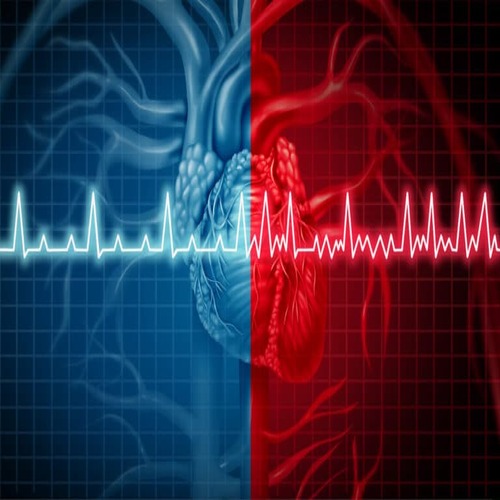
There are three primary goals in the treatment of atrial fibrillation: alleviate symptoms, decrease the risk of heart failure, and reduce stroke risk. These treatment goals can be achieved with medications or procedures. What is an AFib ablation procedure? Atrial fibrillation ablation, most commonly via catheter ablation, is a procedure for atrial fibrillation which aims […]
How to Diagnose AFib?

Atrial fibrillation is the most common abnormal heart rhythm and increases a person’s risk of stroke and heart failure. Atrial fibrillation diagnosis is important because with proper diagnosis and treatment people with atrial fibrillation can live full, active lives. An important part of Afib diagnosis is also the identification and treatment of any underlying treatable […]
Sleep Apnea and AFIB

Atrial fibrillation is the most common abnormal heart rhythm (arrhythmia). It affects over 18 million people in the United States and over 33.5 million people worldwide. AFib is a disorganized rhythm originating in the upper chambers of the heart, which causes the heart to beat irregularly and less effectively. People with AFib are at […]



